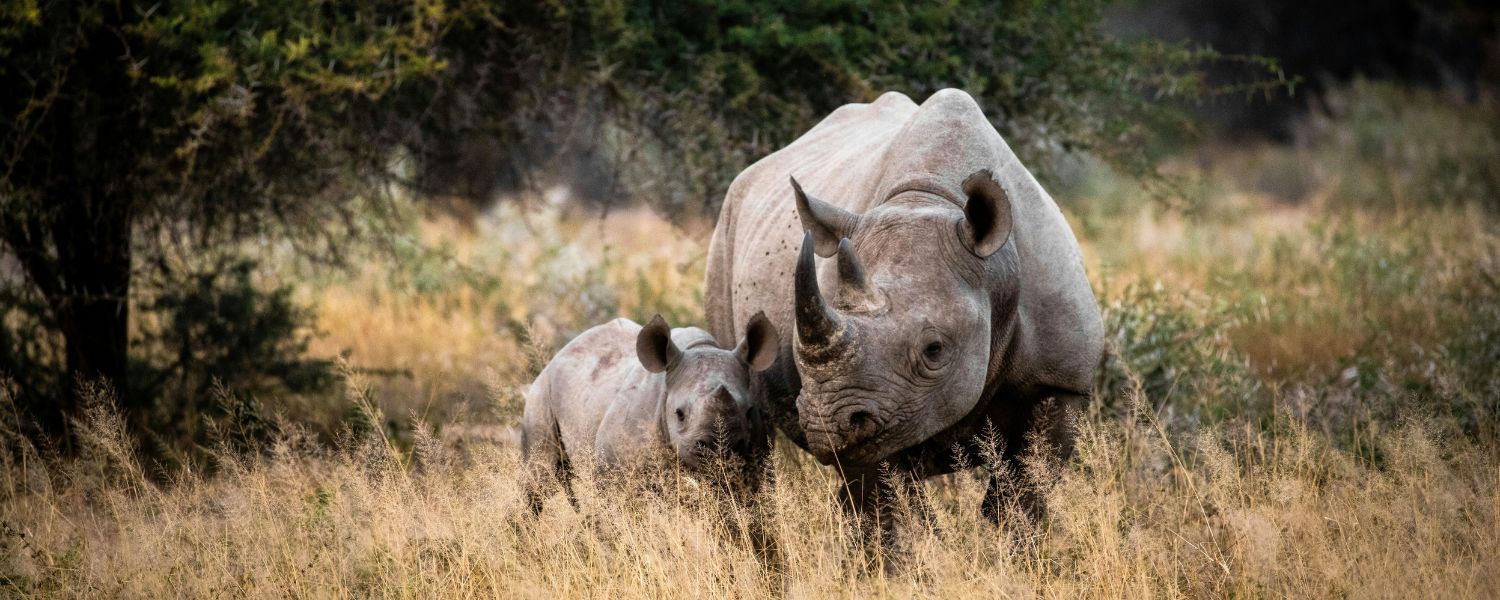
SAVING RHINOS
Saving Rhinos is one of IRF’s Pillars. The focal areas described below enable us to move closer to accomplishing our mission.
Protection
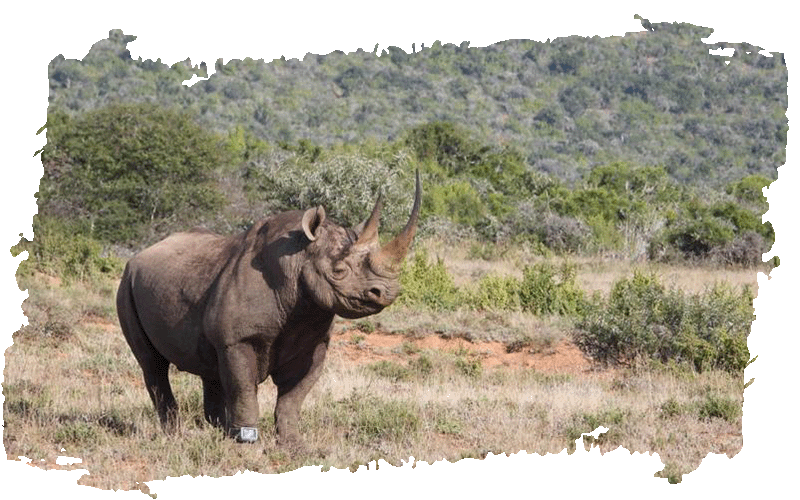
Rhino horn is a lucrative, illicit commodity sought after by well-established, organized and powerful transnational criminal syndicates. IRF supports a multi-layered approach to strengthen rhino protection, law enforcement and investigation efforts. Effective capabilities include frontline ranger support, capacity building, deployment of equipment and technology, operational and investigations support and maintaining trusted relationships with local community members.
Demand Reduction
The demand for rhino horn in Asia, particularly in China and Vietnam, continues to be a major threat for all five rhino species. Efforts to save rhinos from poaching are often focused on supply reduction (increasing frontline protection, enforcement of trafficking laws, and trade disruption) but reducing the demand for rhino horn also requires legal, social and cultural changes within consumer communities. IRF supports efforts to decrease current market demand in consumer countries through education and communication about the social and legal consequences for consumers of rhino horn.
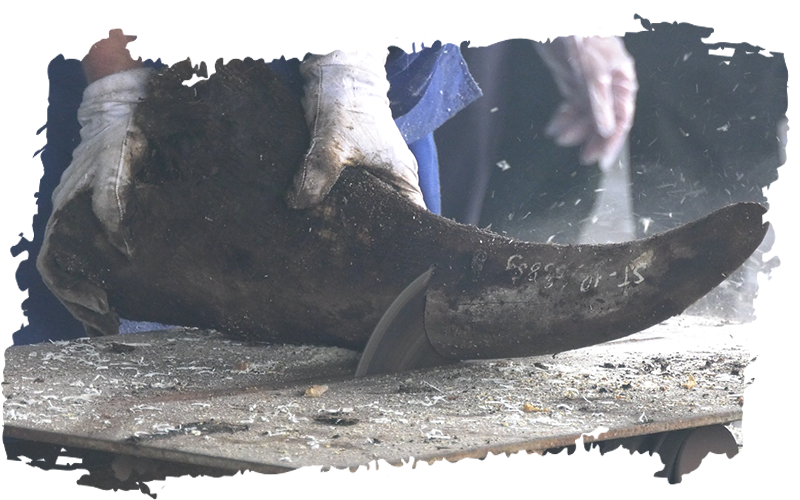
Image courtesy of Education for Nature Vietnam
Trafficking Disruption
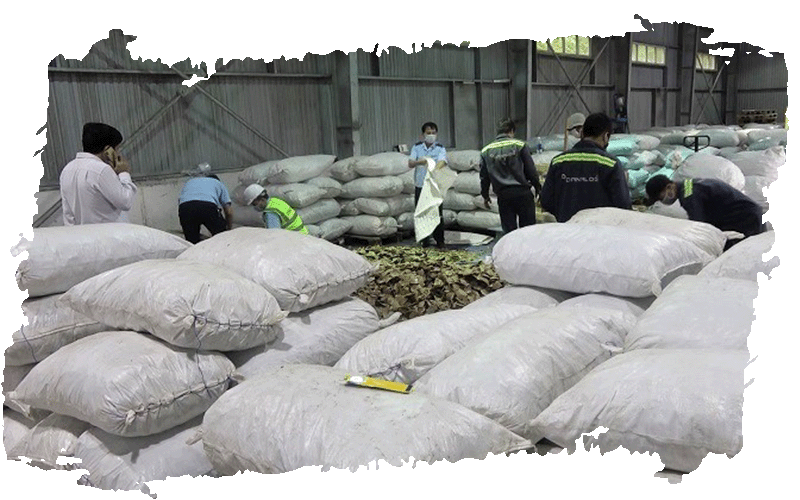
Image courtesy of Education for Nature Vietnam
Rhino horn trafficking – the harvesting, movement and selling of rhino horn from range states to buyers around the world – is decimating rhino populations and threatens these iconic species with extinction. In order to combat the global criminal syndicates running these illegal operations, IRF supports work in Africa and Asia to analyze illegal supply chains and markets, investigate and prosecute rhino and other wildlife crime and ensure convictions that lead to lengthy jail terms.
Population Management
IRF supports all available strategies to restore and maintain healthy, natural rhino populations in areas of their historic range that can still support them. These include biological management and population monitoring in the wild, metapopulation planning, range expansion and translocations into new or formerly occupied habitats, genetic monitoring, research in support of rhino conservation efforts, and artificial reproductive technology and conservation breeding programs when necessary, among other tactics.
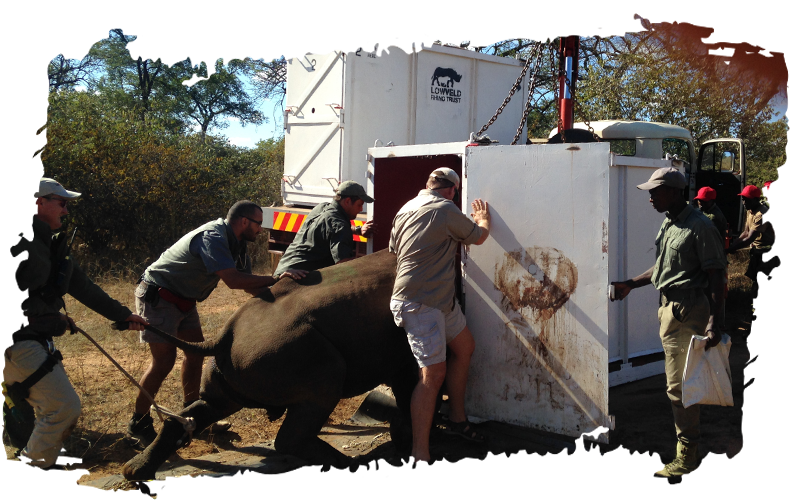
Image courtesy of Lowveld Rhino Trust
Stories About Saving Rhinos
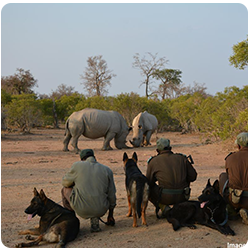
LEGAL SUPPORT FOR RANGERS | A THANK YOU GOING FULL CIRCLE.
March 15, 2023
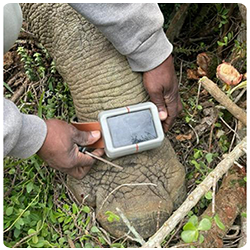
SMART COLLARS AND RHINO CONSERVATION
September 7, 2023
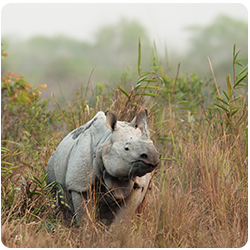
WILDLIFE CRIME MANUAL TO HELP RHINOS IN INDIA
August 15, 2023

